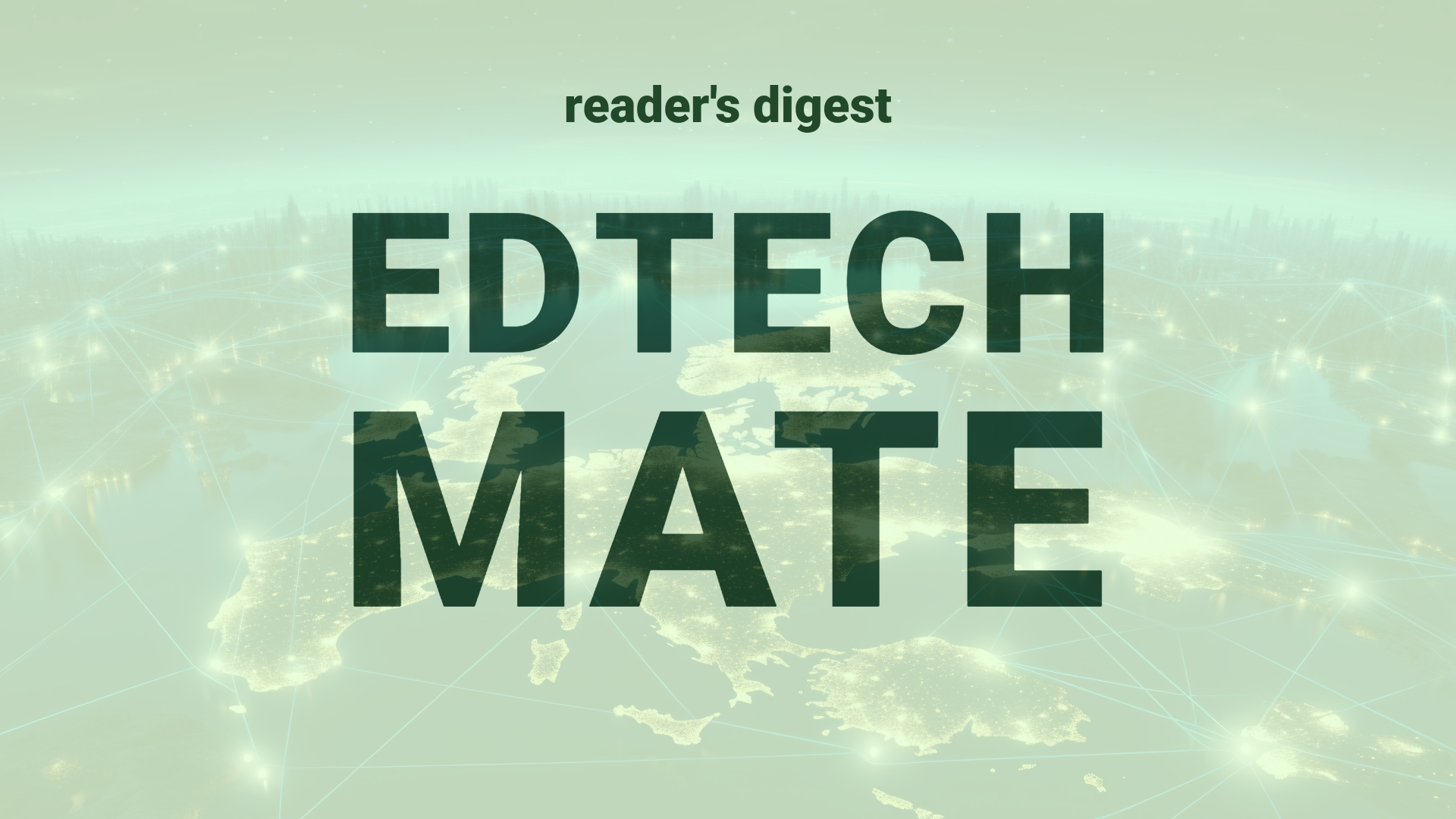Executive Summary and Main Points
The recent discourse by Tyrelle Barnes and Michael Gannotti, as part of the MidDay Café, emphasizes the growing ubiquity and transformative power of Artificial Intelligence (AI) in the enterprise sector. Key areas of innovations discussed include the integration of AI into mobile devices, enterprise compliance and security, and AI’s positive impact on employee experience by minimizing stress and repetitive tasks. Microsoft’s commitment to equipping organizations with the knowledge to harness AI effectively is underscored by their offering of resources such as Microsoft Copilot and Viva, which aim to streamline work processes and improve workplace productivity.
Potential Impact in the Education Sector
These developments have significant implications for Further Education, Higher Education, and the provisioning of Micro-credentials. AI can streamline administrative tasks, personalize learning experiences, and securely manage data. By integrating tools like Microsoft Copilot and Viva, educational institutions can foster strategic partnerships and enhance digitalization efforts, thus enriching the student and staff experience, while maintaining compliance with educational standards and data protection regulations.
Potential Applicability in the Education Sector
Innovative applications of AI and digital tools can transform global education systems. AI-driven analytics could offer insights into student performance, potentially improving retention and success rates. Additionally, AI can boost research capabilities through data processing, and contribute to the design of micro-credential programs by identifying skills gaps. Such tools can also automate routine administrative tasks, allowing educators to dedicate more time to student engagement and pedagogical innovation.
Criticism and Potential Shortfalls
While the integration of AI in the workplace shows promise, there are potential shortfalls such as ethical concerns, data privacy, and the potential for cultural insensitivity in AI algorithms. Real-world comparative examples, notably the varying successes of AI integration in diverse educational contexts globally, illustrate the necessity for nuanced approaches that consider the local cultural, ethical, and regulatory landscape. It also raises questions about the digital divide and the equitable distribution of such technologies.
Actionable Recommendations
To capitalize on AI and digital transformations in international education, it is recommended that educators and leaders undertake assessments of their current technology infrastructure, invest in staff training for AI proficiency, and establish strategic partnerships with tech providers. It’s also crucial to pilot AI implementations, with an emphasis on ethical considerations and inclusivity. Long-term plans should include the iterative development of AI applications in curriculum, research, and administrative operations, aligned with evolving educational needs and technological advancements.
Source article: https://techcommunity.microsoft.com/t5/healthcare-and-life-sciences/midday-caf%C3%A9-episode-55-ai-and-the-employee-experience/ba-p/4173471

